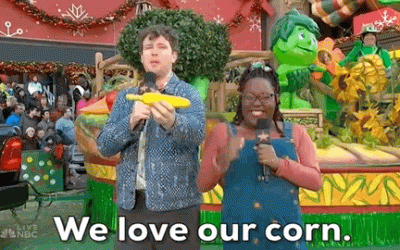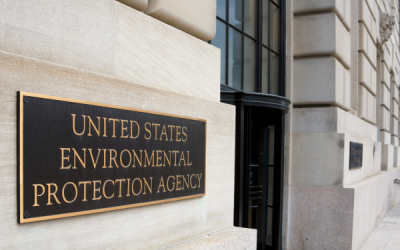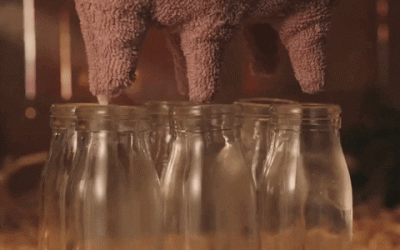Look out, dirt, there’s a new soil in town.
Enter “smart soil,” an engineered soil that “can capture water out of thin air to keep plants hydrated and manage controlled release of fertilizer for a constant supply of nutrients.”
Background: Researchers at The University of Texas at Austin created this soil material, infusing it with hydrogel. Since the soil can quite literally capture water from the air, plants can stay hydrated in non-optimal conditions. This soil is also able to control the release of fertilizer, which could be a game-changer.
Soundbite: “The global water scarcity coupled with a growing population has an immediate impact on food security. This new class of hydrogels offers a promising solution to meet the pressing needs of water scarcity and efficient nutrient uptake in modern sustainable agriculture.” — Yu, professor at UT-Austin’s Cockrell School of Engineering
Promising stats: Plants grown in hydrogel had a 138% increase in stem length compared to those grown in regular soil. The smart soil also had 40% water savings—a win-win.
Where this goes: This project focused on calcium-based fertilizers, but as it continues, more fertilizers will be tested and field tests will run longer.
Short Corn Packs a Punch
Dynamite comes in small packages—which can be true with new seed technology. What’s...
Congress to EPA: What’s Your BEEF with Meat Packers?
The Environmental Protection Agency (EPA) is considering new regulations that take aim at meat and poultry processors.
And some members of Congress have a BEEF with the EPA’s proposals.
The proposed rules: In late January, the EPA released the details of its proposed “Clean Water Effluent Limitations Guidelines and Standards for the Meat and Poultry Products Point source category.”
Huh?
Basically, the EPA formally published its proposals to combat wastewater contaminants that come from slaughterhouses.
Okay… that makes more sense.
At the heart of the rules proposal is a concern from environmental groups about nitrogen and phosphorus pollutants that originate from slaughterhouses. In some cases, the wastewater goes directly into waterways. In other cases, the water goes to municipal wastewater treatment facilities.
But not everyone is on board with the EPA’s suggestions…
Congress responds: Last week, two U.S. representatives—Eric Burlison (MO) and Ron Estes (KS)—pushed back against the EPA and introduced the “Banning EPA’s Encroachment of Facilities (BEEF) Act.” If passed and signed by President Biden, the law would prohibit the EPA from finalizing, implementing, or enforcing the rule.
According to the lawmakers, the proposed rules place undue burden on small processors—costs that can be absorbed by larger companies.
Soundbite: “The… proposed regulation isn’t just an attack on family-run small businesses, it’s an attack on rural communities,” said Burlison. “These meat and poultry processors are the lifeblood of our communities. The BEEF Act… lets these hardworking Americans do what they do best, produce safe, affordable food for our families.”
University of Illinois Makes Big Mooves in Milk Production
Pump it up: Scientists led by Matt Wheeler at the University of Illinois Urbana-Champaign are...




